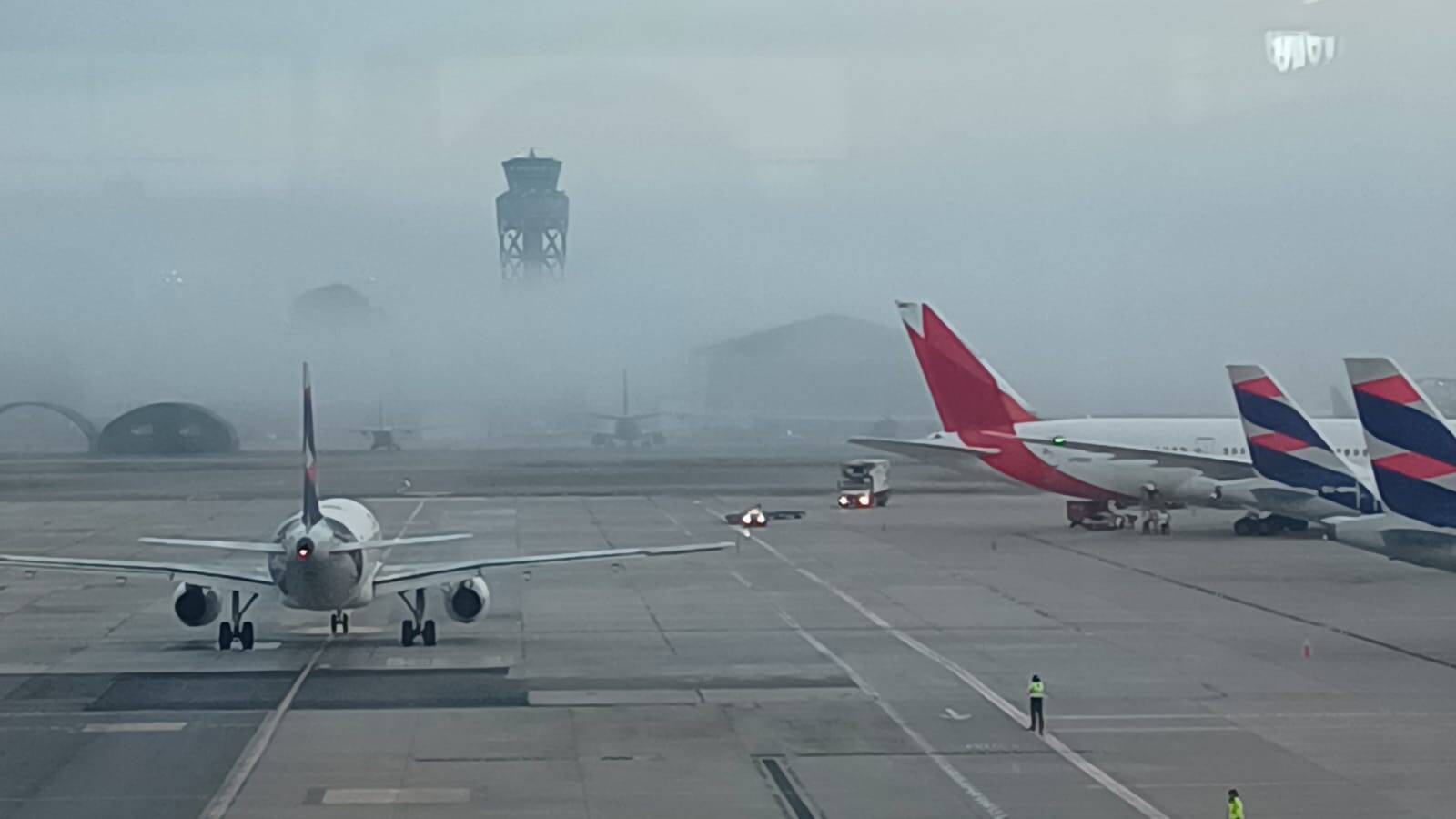US warnings its citizens about traveling to Colombia: This is the 'threat' they are most exposed to.

The U.S. State Department has classified Bogotá as a "critical" threat location for crimes targeting—or affecting—the official interests of the Donald Trump administration.
Not only was Bogotá classified, but a "C" crime indicator was also included in the travel advisory for Colombia, noting that violent crime may be present in the country and that local security forces may have limited capacity to respond to serious crimes. The alert was issued in April and is not the first time Colombia or Bogotá has been categorized as a C crime.

The United States has classified Bogotá as a "critical" threat location for targeted crime. Photo: @mauriciomorenofoto
For the State Department, Colombia's large cities share many of the same crime problems that plague other metropolises around the world. Among the main reasons criminals target U.S. citizens and foreigners is the perception of wealth.
“The most common daily threat to travelers is street crime. The most common types of crime include muggings, assaults, cell phone theft, and burglary. Robberies have seen a steady increase over the past five years, while the homicide rate has remained relatively stable at 25.7 per 100,000 inhabitants, the third highest in South America,” states Colombia’s national security report.

The criminals attempted to steal the man's belongings. Photo: iStock
Figures provided by the Department indicate that, during 2024, 296 U.S. citizens were reported as victims of crimes in Colombia. Of these, 122 were reported as victims of scopolamine robberies. A total of 217 reported their passports stolen during their visit to the country. Of the 296 victims, the majority were robberies , although cases of extortion, domestic violence, and sexual assault were also reported. However, they emphasized that underreporting significantly affects these figures.
“Robberies and assaults are common on public buses, both in urban and rural areas. Vehicle theft, burglary, and theft of belongings are also risks. Cell phones are a constant target in emergency situations,” they state.
They also provide travelers with recommendations such as:
- Limit your cell phone use in public; if you must use it, find a safe place away from the street.
- Avoid displaying expensive watches and jewelry in public. Gangs often spot people wearing these high-end pieces while traveling through public areas like the airport, shopping malls, or restaurants. They then monitor the victims and rob them, usually at gunpoint or through other threats.
- Be careful when withdrawing large amounts of cash from ATMs or transporting money from one place to another. Criminals often target people who carry large amounts of money after leaving banking institutions.

Jewelry theft is among the most common. Photo: iStock
Another security issue highlighted is extortion. According to the report, armed groups such as FARC dissidents, the ELN, and the Gulf Clan have extorted all types of commercial entities in their areas of operation.
"They may resort to threats of violence, or even actual violence, including bomb attacks, if victims do not comply with their demands," it reads.
They also warn about common street scams: “ Criminals may pose as police officers using fake IDs. They ask to inspect the victim's money to verify it's not counterfeit. They then give the victim a supposed 'official receipt' and tell them to go to a police station to collect the legitimate money. Upon arrival, victims discover they've been scammed. Street gambling and other distraction techniques are also used to steal. Be wary of people who approach you asking for directions, handing out flyers, or selling you something.”
Regarding drug trafficking, the Department indicated that 75 percent of U.S. citizens incarcerated in Colombia face drug-related charges.

The ELN. Photo: El Tiempo Archive
“Do not accept to carry packages for anyone unless you know the person and are certain of the contents. The penalties for possession, use, or trafficking of illegal drugs in Colombia are severe. Those convicted can face prolonged pretrial detention and long sentences in harsh conditions, with high costs and great hardship for themselves and their families,” they added.
Additionally, a list of departments to which travel is recommended not be made: “ Do not travel to the departments of Arauca, Cauca (except Popayán), or Norte de Santander due to crime and terrorism. Travel to the border region between Colombia and Venezuela is also not recommended due to the risk of crime, kidnapping, and detention when crossing from Venezuela. U.S. government employees are prohibited from traveling by road between most major cities, as well as from riding motorcycles, taking taxis, or using public transportation.”
Finally, Colombia, in addition to having the "C" crime indicator, also has the "K" (kidnapping) and "T" (terrorism) indicators in the travel advisory.
Maria Alejandra Gonzalez Duarte
eltiempo





